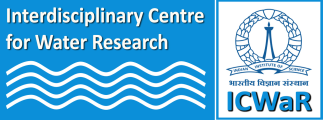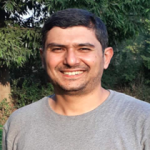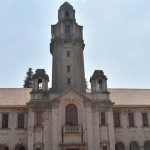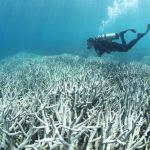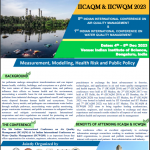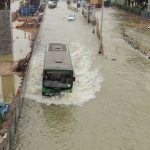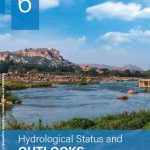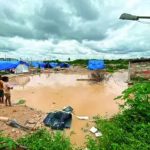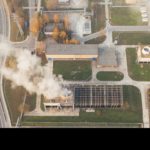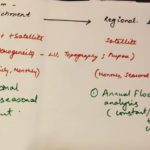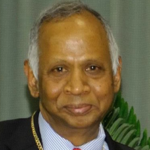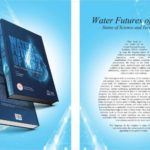Hydroecology in a rapidly changing world
Name of the Speaker: Dr. Albert Ruhi
Title of the Seminar: Hydroecology in a rapidly changing world
Date and Time: 24 June 2021 (Thursday), 6:00pm
Online Platform: MS Teams [link to the video of the seminar]
About the Speaker: Albert Ruhi is a freshwater ecologist and Assistant Professor at the University of California, Berkeley (Dept. Environmental Science, Policy, and Management). His group develops experiments and large-scale data analysis to advance current understanding of the ecology and conservation of freshwater ecosystems, focusing on how native and non-native biodiversity in river networks responds to global change stressors such as hydrologic extremes and drought. Prof. Ruhi received a B.Sc. in Biology and a Ph.D. in Ecology from the University of Girona (Catalonia), and has conducted most of his research in water-scarce regions of the world–namely the Mediterranean basin and the American Southwest. Before joining UC Berkeley, he was a postdoctoral researcher at Arizona State University, and a Fellow at the National Socio-Environmental Synthesis Center (SESYNC) in Maryland, where he studied impacts of flow alteration by U.S. dams via large data sets and time series methods in the frequency and time domains. Prof. Ruhi has published more than 50 papers, is an Associate Editor for the journal Conservation Letters, and has received numerous awards recognizing his research, such as a U.S. National Science Foundation CAREER award, a California Sea Grant New Faculty Award, a Hellman Fellow Award, and University of Girona’s Extraordinary Doctoral Degree Award in Environmental Sciences (for his Ph.D. work). In Spring 2021 he also received a UC Berkeley teaching award (“Extraordinary Teaching in Extraordinary Times”) for an undergraduate course on time series analysis applied to ecological and environmental data.
Abstract: Prof Ruhi’s seminar will review the different ways in which humans and climate change are altering river flows, and the challenge of studying hydro-ecology when both hydrological and ecological baselines are shifting. He will show examples of flow regime alteration driving native to non-native fish covariation at different spatial scales in the United States, and the mechanisms underpinning such ecological responses. He will also delve into alteration of flow periodicity induced by hydropower dams (“hydropeaking”), and how changes in the time scales of flow variation promote or hinder particular organismal traits. He will conclude by showing recent work developed by his lab, aimed at understanding the mechanisms by which climate-change induced early snowmelt (and extended low flows), and flow intermittency, affect river ecosystem dynamics, based on field experiments in coastal and Sierra Nevada streams in California.
Date/Time
Date(s) - 24/06/2021
6:00 pm
